The traditional craft of salt production in Tsakhalho township of Chamdo, Tibet autonomous region, has been protected by local legislation, city officials said recently at a conference.
According to the conference, a regulation protecting the county's ancient salt field took effect on June 1. It is a new step to protect the valuable cultural heritage through legislation.
Located at the junction of the provinces of Sichuan and Yunnan and the Tibet autonomous region, Tsakhalho is rich in salt wells. With a history of at least 1,300 years, the salt production method of Tsakhalho has been well-preserved.
Lu Sheng, a native of Tsakhalho, said the rough terrain and steep mountains limited farming, and people in her hometown would barter for the necessities of life using salt as payment.
"Today, the situation is dramatically different, but villagers still produce salt using the ancient methods because it's part of their culture. Many people still want to buy the handmade salt," Lu said.
Long ago, salt was their main source of income, and it still brings cash today, as many local villagers operate tourism businesses. Residents and officials reached a consensus that the continuity of the salt tradition needs to be preserved.
The regulation includes provisions on protection and management, reasonable utilization, legal responsibilities and supplementary provisions, said He Junhui, deputy director of the Chamdo people's congress standing committee's legislative affairs commission.
"The specific content of the regulation includes strengthening government responsibility to further promote the sustainable development of salt wells and ancient salt fields, and to clarify the protection objects, principles and scope, and to improve specific measures for protection management," He added.
Sonam Wangdu, head of the city's culture bureau, said cultural relics institutes will adopt effective use under the priority of protection first.
"It's to achieve win-win protection and development goals through bringing the cultural relics alive," he said.
Zeng Qingquan, deputy director of the city's tourism development bureau, said the regulation has made clear provisions on the protection, management and rational utilization of the resources of the ancient salt fields in Markham county.
"This has laid a solid foundation for the integrated development of scenic culture and tourism," Zeng said.
As early as 2003, the salt field project was established as a county-level cultural relics institute. Renovations were undertaken to fasten wooden columns and salt-drying pans.














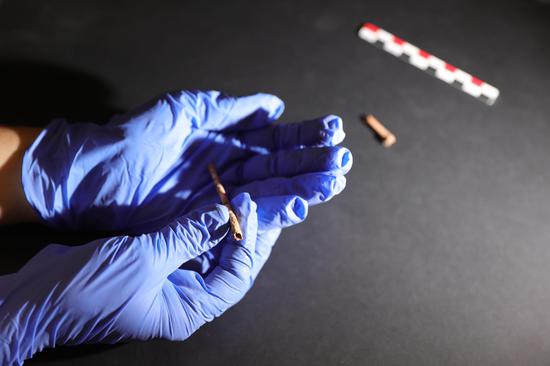


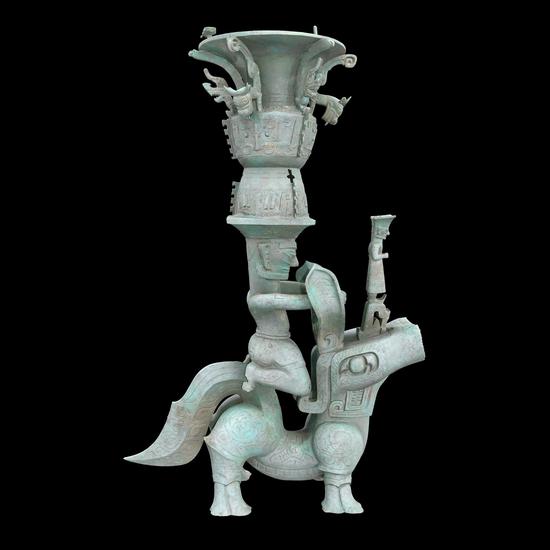

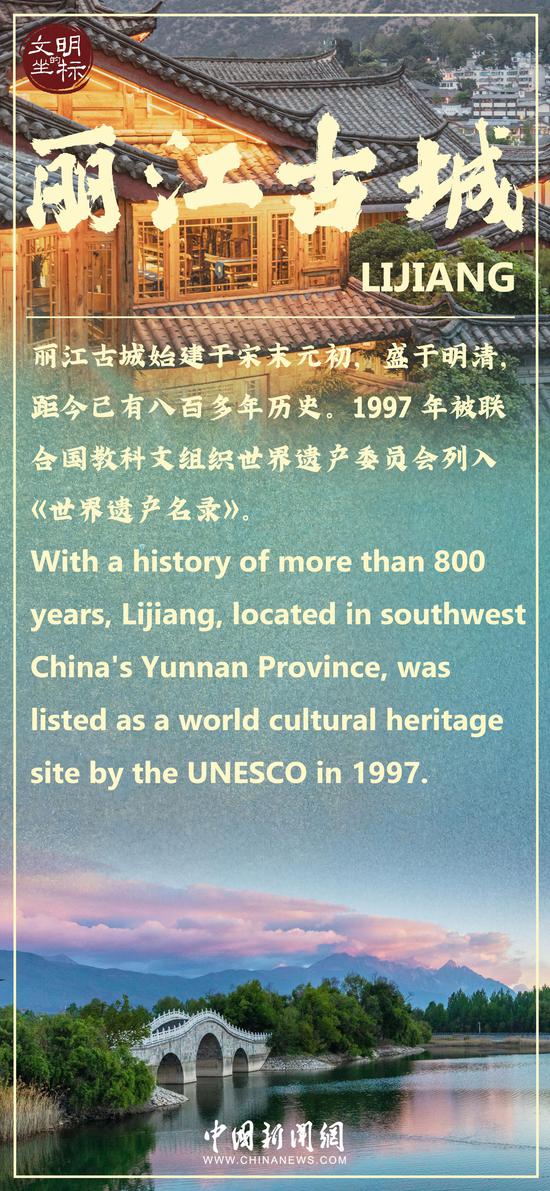









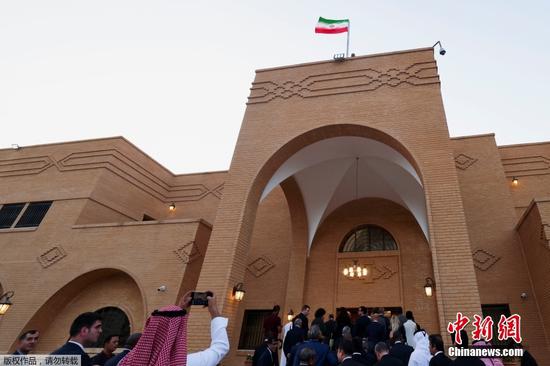



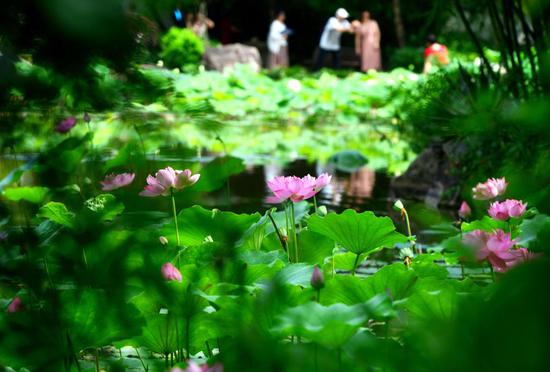





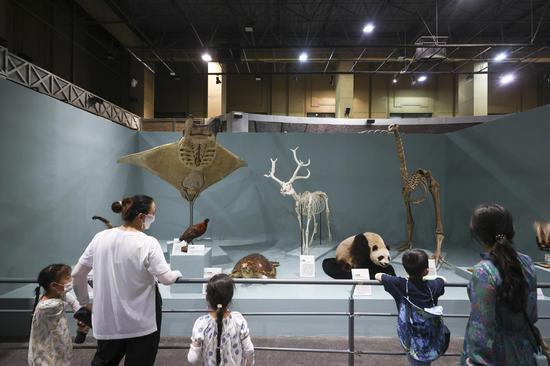




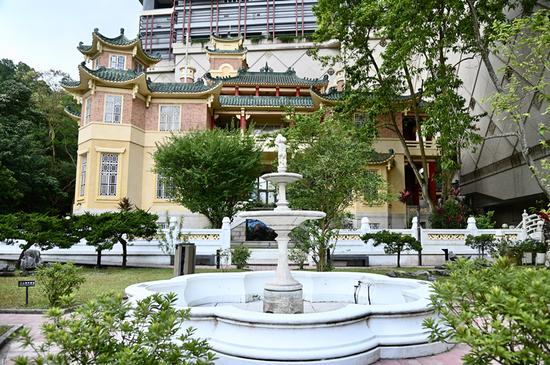





 京公網安備 11010202009201號
京公網安備 11010202009201號